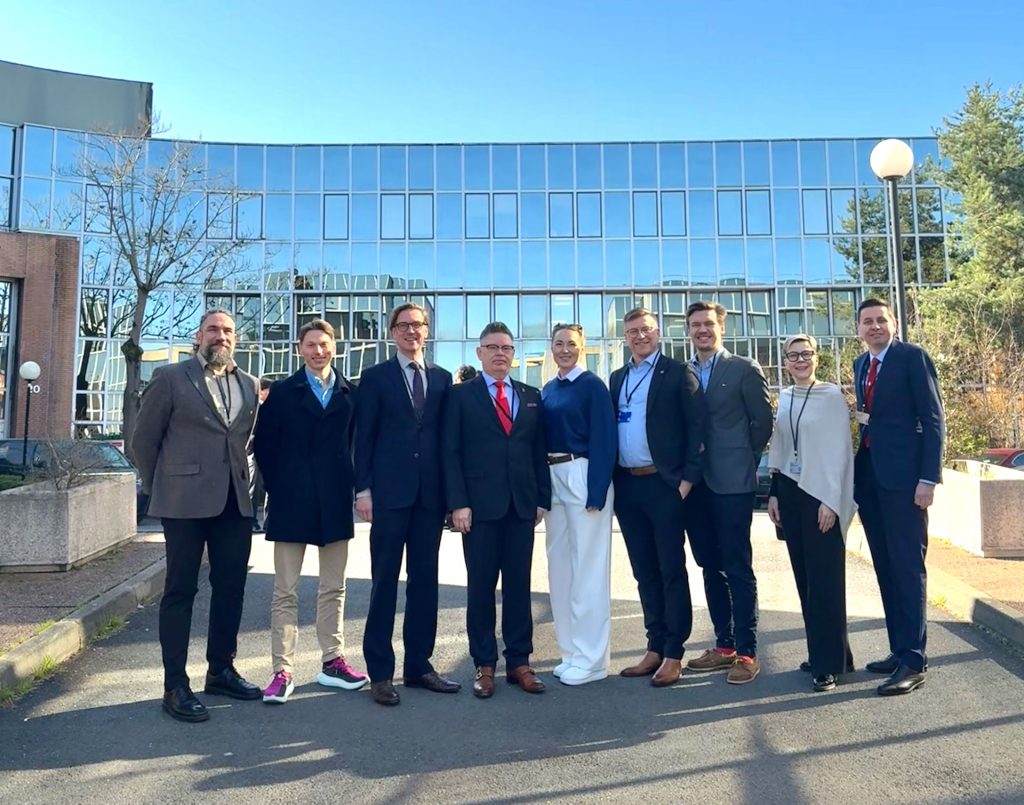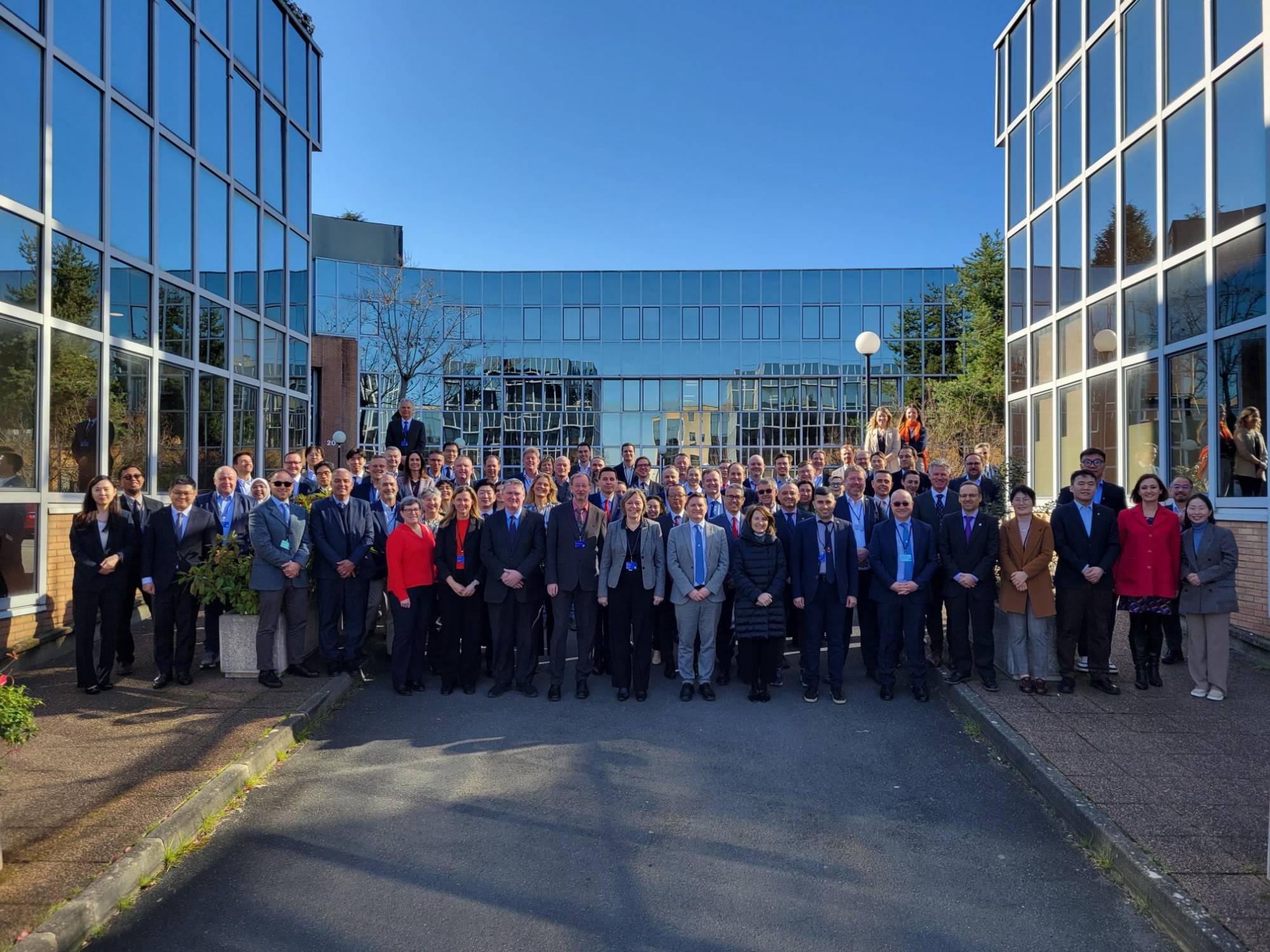Developing VTS Training through International Cooperation and IALA VTS Committee Insights
I recently had the opportunity to attend the IALA VTS Committee meeting in Saint-Germain-en-Laye, France. The International Association of Marine Aids to Navigation and Lighthouse Authorities (IALA) has existed since 1957, but it was only recently recognized as an Intergovernmental Organisation (IGO). This new status represents an important milestone for IALA, allowing it to play an even more significant role in enhancing worldwide maritime safety and navigation efficiency. For context, other prominent IGOs include the United Nations (UN) and the World Trade Organization (WTO).
You might ask: ”What does this have to do with Aboa Mare?” Some might initially think it has little relevance, while others could argue it impacts almost every aspect of our work. The truth lies somewhere in between, depending greatly on how actively Aboa Mare chooses to engage with IALA. Aboa Mare became an associate member of IALA in March this year, granting us access to international meetings that bring together experts and delegates from numerous maritime nations.
My role at Aboa Mare includes developing future Vessel Traffic Service (VTS) training programs—an area directly guided and influenced by IALA standards. By participating in VTS Committee meetings, Aboa Mare gains the opportunity to contribute to discussions about future regulations, digital innovations, and training methodologies. Attending these meetings allows us not only to provide valuable input but also to stay ahead of upcoming trends and changes within the maritime industry.
In Finland, we’re fortunate to have clear legislation dedicated to VTS operations, known as ”Alusliikennepalvelulaki” (translated as ”Vessel Traffic Service Act”). This law outlines precisely what training providers must deliver to be authorized to offer VTS education.
IALA produces model courses defining international standards, which significantly influence our curriculum. Aboa Mare aims to deliver three distinct VTS training courses:
- C0103-1 – Vessel Traffic Operator Training
- C0103-2 – Vessel Traffic Supervisor Training
- C0103-4 – Vessel Traffic Service On-the-Job Training Instructor
Each of these courses follows specific model courses, revised between 2022 and 2024. These revisions take place during the VTS Committee meetings, one of which I attended this past March. Beyond updating model courses, the committee develops guidelines like Guideline 1027, ”Simulation in VTS Training,” which we actively worked on during the session. The updated guideline is expected to be published shortly.
Attending these international gatherings is invaluable for anyone involved in maritime training. They offer unique opportunities to exchange ideas, learn from global experiences, and ultimately enhance the quality of training we provide. At these meetings, everyone shares a common goal: improving maritime safety, operational efficiency, and environmental protection.

Picture of all participants during the VTS-committee meeting (VTS-57)
I’m looking forward to attending future meetings as well (the VTS Committee meets twice a year). Participation gives us valuable insights into emerging trends and can spark new ideas to develop our training programs further. Digitalisation is a particularly relevant topic right now, and I believe we will see many developments in this area. Beyond these insights, the most rewarding aspect is the discussions with like-minded professionals, exchanging ideas and exploring future possibilities together.
Aboa Mare is currently updating the VTS courses to meet the new requirements and plans to offer them starting in autumn 2025.

Picture of the Finnish delegates at the meeting, with delegates from Fintraffic Vessel Traffic Services and Finnish Transport Infrastructure Agency, and last but not least, Aboa Mare.
Author:
Jockum Lundsten
VTS & GMDSS Lead Instructor | System & Training Specialist
Tel: +358 50 340 5723
jockum.lundsten@aboamare.fi


